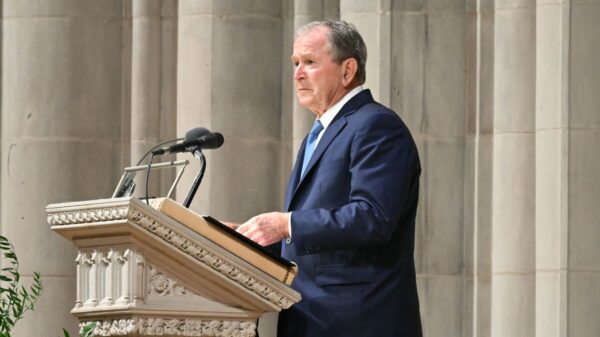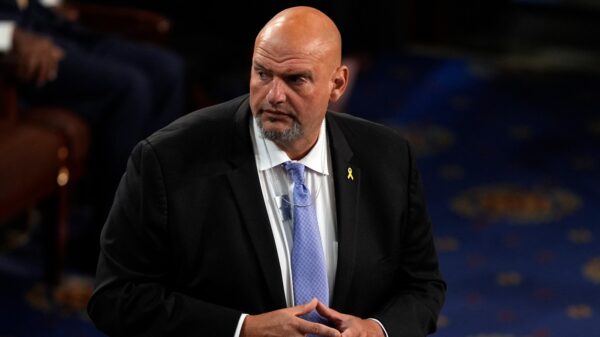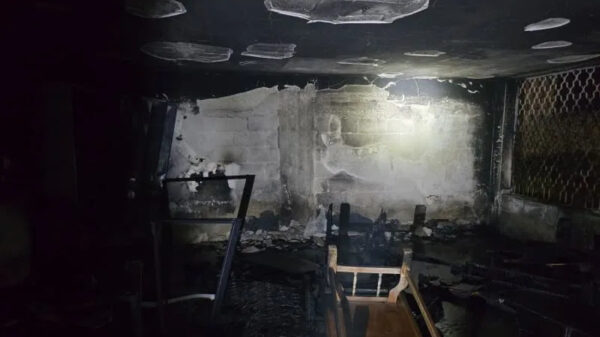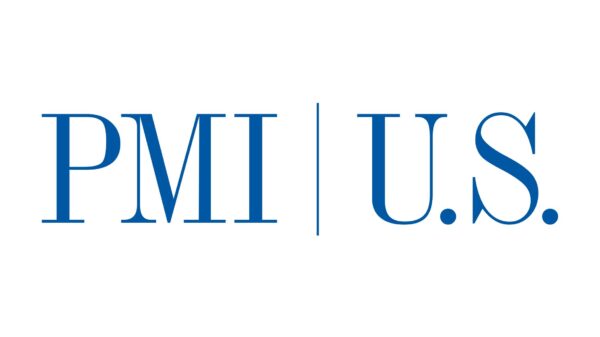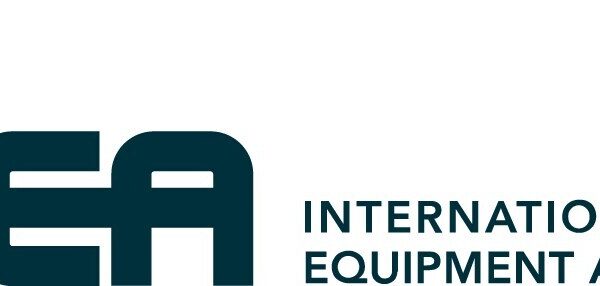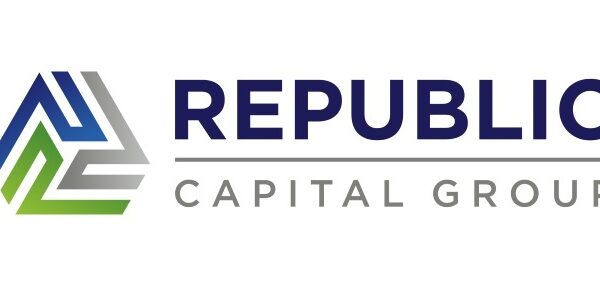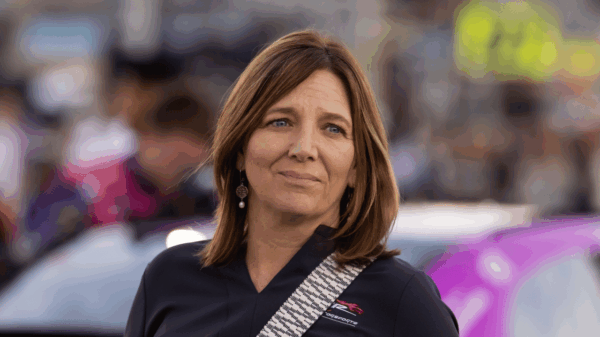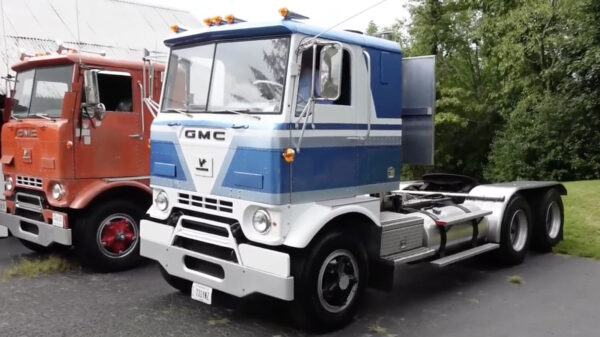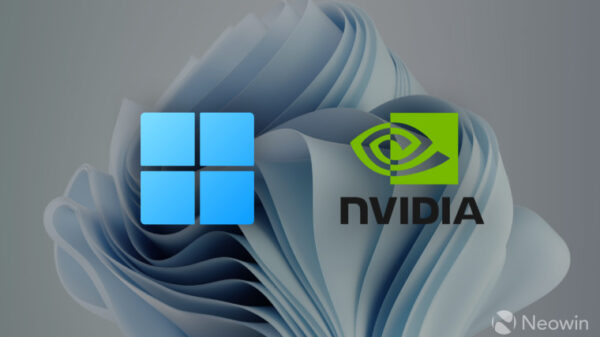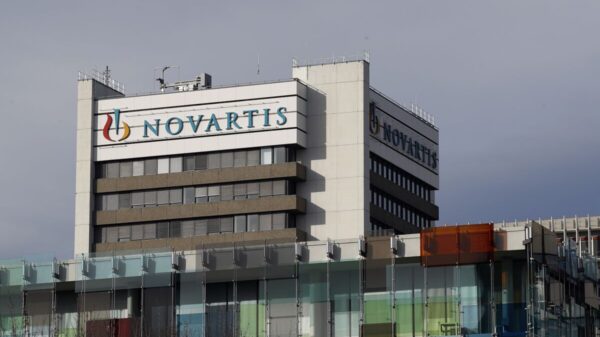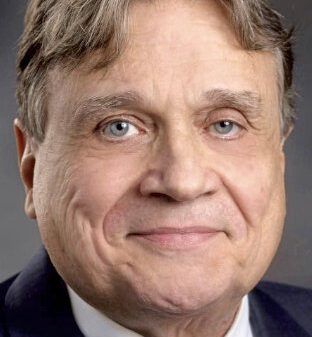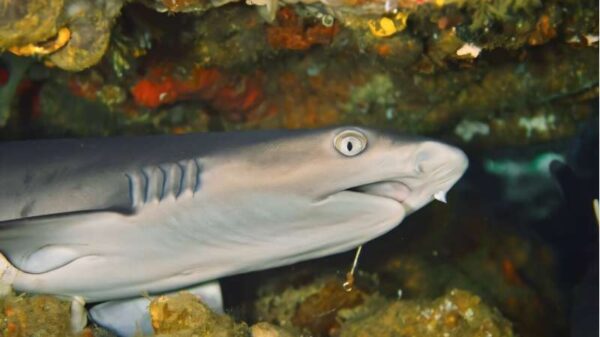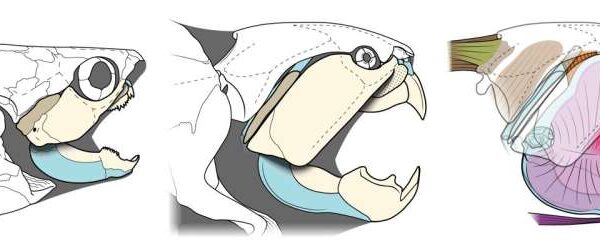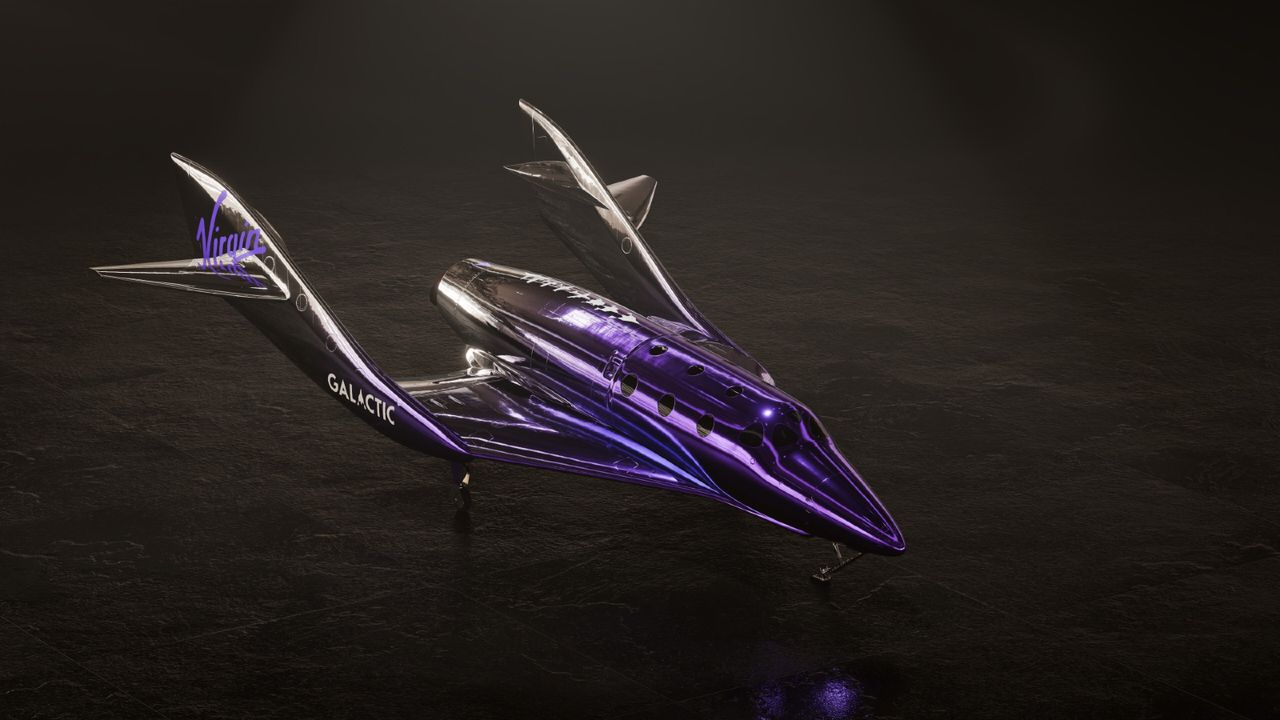Virgin Galactic is advancing rapidly in the development of its new Delta Class suborbital space planes, with plans to initiate both research and private astronaut flights by fall 2026. This new class of space vehicles is designed to significantly enhance flight frequency and payload capacity compared to previous models.
The company is also collaborating with the Lawrence Livermore National Laboratory to explore the feasibility of using its mothership aircraft as a high-altitude launch platform for other spacecraft. According to Michael Colglazier, CEO of Virgin Galactic, “Progress on our SpaceShips continues across all systems and structures.” He emphasized the company’s strong financial position, positioning it well to execute its business model as it transitions its SpaceShips into commercial service.
During a business conference call on August 6, 2025, Virgin Galactic provided updates on the construction of the Delta Class space plane, which is based at the company’s facility near Phoenix, Arizona. The ongoing work includes critical components such as wing assembly, expected to be completed by the end of this year, and the innovative “feather” system, which enhances stability during reentry into the Earth’s atmosphere.
The fuselage for the Delta Class SpaceShip is anticipated to be finalized by late 2025 or early 2026. The company is also exploring the potential for a second spaceport in Italy, which could further expand its operational capabilities.
Enhanced Capabilities and Flight Frequency
The Delta Class spaceships are engineered to conduct up to eight space missions per month, offering a capacity for twelve times the payload of the original VSS Unity spacecraft. This marks a substantial increase in the efficiency and frequency of commercial spaceflights.
Virgin Galactic aims to bring humans to space more frequently than ever before, boasting an industry-leading cost structure designed to make suborbital travel more accessible. The firm’s next-generation vehicles are designed to transform the landscape of commercial space travel.
The final assembly of the Delta Class ships will occur at the Delta facility, which is equipped to handle the ambitious production goals set by the company. Mike Moses, President of Spaceline and overseeing the commercial spaceflight program, highlighted the significance of this development, stating that the Delta Class represents a leap forward in their capabilities.
In a recent promotional video titled “Galactic 10,” Virgin Galactic showcased key milestones achieved in the Delta Class SpaceShip program, underscoring the company’s commitment to pushing the boundaries of space exploration while maintaining a focus on safety and innovation.
As the space tourism industry continues to evolve, Virgin Galactic’s Delta Class space planes are poised to play a pivotal role in making space travel a regular occurrence for researchers and adventurous private astronauts alike.



